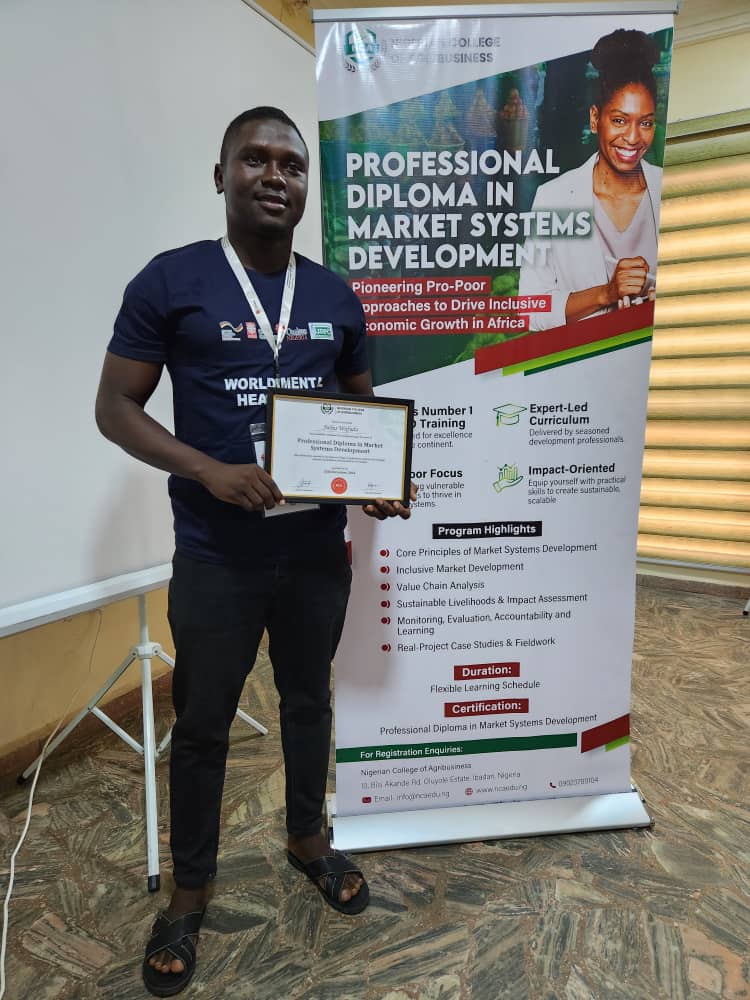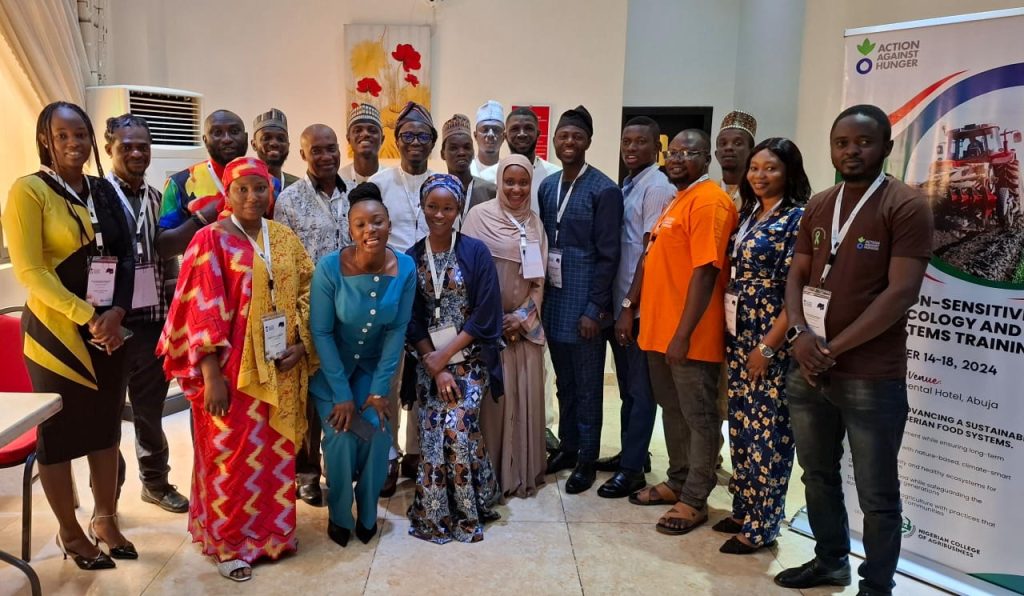Start Dates
Duration
Fees
Learning Activities
The Professional Diploma in Market Systems Development (MSD) is your pathway towards becoming a change-maker in development practice. Across Africa, development projects are often well-intentioned yet fall short of creating lasting impact because they focus on symptoms rather than systems. Evidence shows that more than 60 percent of donor-funded projects in Africa fail to sustain results beyond their funding cycles, a challenge that the MSD approach directly addresses. Built on the Making Markets Work for the Poor (M4P) and Inclusive Systems frameworks, MSD equips professionals with the tools to tackle root causes, unlock opportunities, and drive change that continues long after external funding ends.
This program is designed for professionals who want to move beyond project delivery into systems-level transformation. Whether you are a program manager, policy maker, or development practitioner, you will gain the ability to analyze markets, identify systemic constraints, and design interventions that enable businesses, governments, and communities to collaborate for inclusive growth.
In Africa, where more than 80 percent of livelihoods are tied to fragile and often inefficient market systems, the demand for professionals who understand and can apply MSD principles has never been greater. Too many projects fail to embed sustainability into their design, leaving communities dependent rather than empowered. Yet, when MSD principles are applied, results are striking. For example, agriculture-focused MSD interventions have been shown to increase smallholder farmer incomes by up to 40 percent within three years while reducing aid dependency. This diploma bridges the skills gap by equipping you with practical tools, case-based learning, and tested frameworks that allow you to design and implement interventions which achieve lasting impact, scale, and resilience.
By joining this program, you are not only upskilling yourself. You are positioning to shape the future of development programming. You will learn to think like a systems strategist, influence stakeholders, and turn resources into catalysts for transformation, ensuring that markets truly work for the poor and marginalized.
This is your opportunity to become the kind of professional that development projects urgently need, one who can connect ambition with sustainability, resources with resilience, and communities with opportunity.

Learn how to design and implement effective MSD strategies that address systemic constraints and leverage market opportunities. Understand the core principles of MSD and how to apply them to create more inclusive and resilient market systems.
Develop skills in market analysis, stakeholder engagement, and facilitation techniques. Gain insights into identifying market failures and designing interventions that promote sustainable market development. Learn how to facilitate partnerships and collaboration among market actors to drive systemic change.
Earn a prestigious certification from the Nigerian College of Agribusiness, recognized for its excellence in MSD education. This certification not only validates your expertise but also enhances your career prospects in the competitive development and commercial sectors.
Fundamentals of Market Systems Development
Practical Application: Participants will engage in real-world case studies and mapping exercises to understand successful MSD projects and their impact.
Key Tools: Market System Mapping, Theory of Change (ToC).
Market Analysis and Value Chain Development
Practical Application: Participants will conduct a hands-on market research project, analysing a specific value chain to identify key leverage points for intervention.
Key Tools: Value Chain Mapping, Systemic Constraint Analysis, Participatory Market Research.
Stakeholder Engagement and Facilitation
Practical Application: Participants will engage in role-playing scenarios to practice stakeholder engagement and conflict resolution in complex market systems.
Key Tools: Stakeholder Mapping, Facilitation Techniques, Conflict Resolution Frameworks.
Design and Implementation of MSD Interventions
Practical Application: Each participant will design a complete MSD intervention, from initial concept to implementation, using a case study from a sector of interest.
Key Tools: Intervention Design Frameworks, Project Life Cycle Management, Innovation in MSD.
Monitoring and Evaluation within MSD Project Life Cycle
Practical Application: Participants will create an M&E plan for a case-based MSD project, focusing on adaptive learning and real-time impact assessment.
Key Tools: M&E Frameworks, Data Collection Tools, Adaptive Management Models.
Financial Management and Risk Mitigation in MSD
Practical Application: Participants will develop a financial management plan and risk mitigation strategy for an MSD project, ensuring it can withstand financial and operational challenges.
Key Tools: Financial Planning Models, Risk Assessment Tools, Sustainability Frameworks.

No other institution in Africa offers such a comprehensive approach to agribusiness and development sector education as the Nigerian College of Agribusiness. We provide a unique blend of academic rigor, practical expertise, and industry connections. Here, you will learn from experienced faculty members who are experts in their fields and deeply engaged with the latest advancements in their industries.
We leverage interdisciplinary knowledge and the latest research to enhance our programs, ensuring they are relevant and impactful. At NCA, you will continuously engage with thought leaders who are constantly shaping the dynamics of their industries and after graduation, you will be a life-long member of a vibrant alumni community that continually foster cross-disciplinary learning and networking.
STEP 1: Click on the Apply Now icon below and complete the Application for Admission Form for the course.
STEP 2: Submit the completed form
STEP 3: Once your application is successfully evaluated, you will receive your Admission Letter confirming your acceptance into the program. The letter will also contain details for tuition payment and enrollment.
Click on the link below to fill the application form and begin the process.
N750,000 (Instalment payment plan available)
Get monthly marketing tips and exclusive discounts straight to your inbox

Our mission is to cultivate a vibrant, sustainable and profitable agribusiness sector that drives economic growth and social progress across Africa and beyond.
We are committed towards educating a new generation of agribusiness sector leaders that will transform the economic fortunes of the African continent
© NCAEDU 2023 All Rights Reserved.